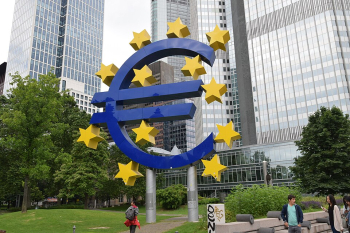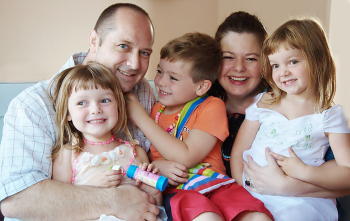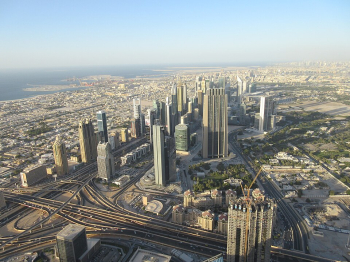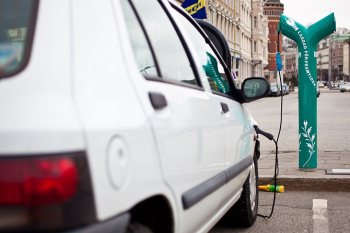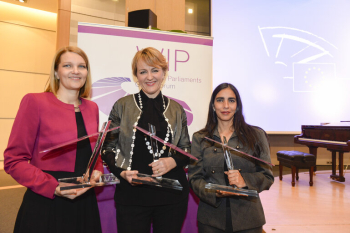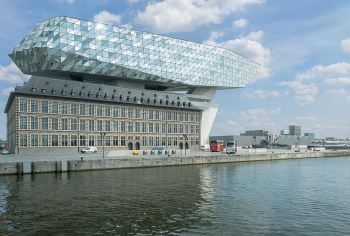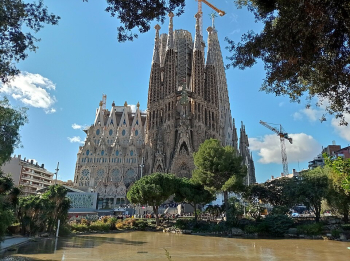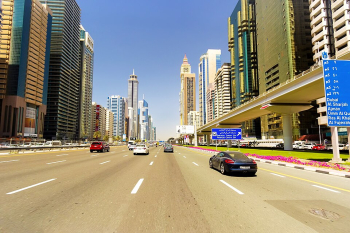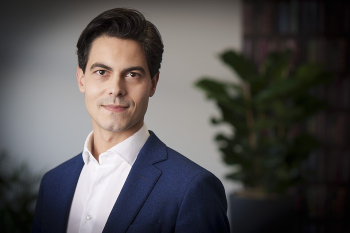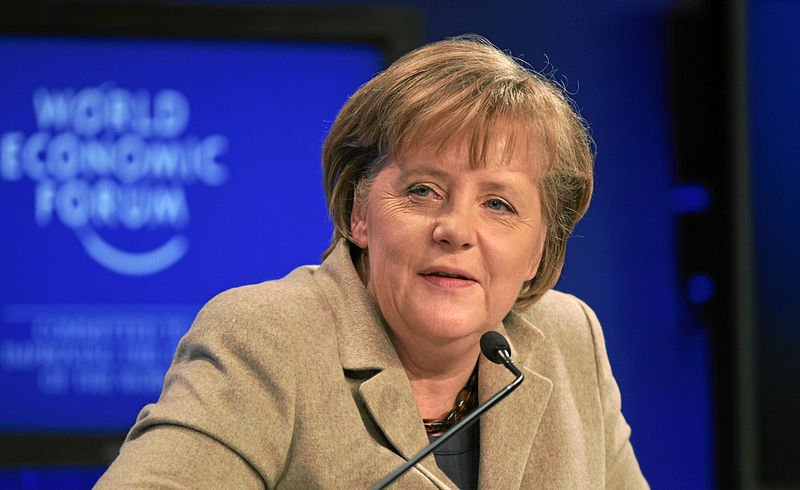
In a rare interview with the BBC's Katya Adler, former German Chancellor Angela Merkel defended her controversial decisions regarding Russia and Ukraine during her 16 years
in office. Speaking from Berlin, Merkel maintained that her policies were driven by the need to protect German interests and ensure peace, even as they face renewed scrutiny in light of Russia’s invasion of Ukraine.
Blocking Ukraine's NATO bid
Merkel stood firm on her 2008 decision to block Ukraine’s entry into NATO, a move criticized by Ukrainian President Volodymyr Zelensky as a “miscalculation” that emboldened Russia. Merkel argued that allowing Ukraine to join NATO at the time would have provoked an earlier and potentially more severe military conflict with Russia.
“It was completely clear to me that President Putin would not have stood idly by and watched Ukraine join NATO,” Merkel said. “Back then, Ukraine was not as prepared as it was in February 2022.”
Energy ties with Russia
Merkel also defended Germany's reliance on Russian gas, facilitated by the construction of two pipelines during her tenure. Critics, including leaders from Eastern Europe, argue that this dependency financed Russia’s war chest. Merkel countered that her decisions were rooted in Germany’s economic interests and aimed at maintaining peaceful relations with Moscow.
“German industry needed affordable energy,” Merkel explained, adding that diplomacy was always her preferred path to curb Russian aggression. However, she acknowledged the failure of those efforts, as Vladimir Putin launched a full-scale invasion of Ukraine just months after she left office.
Handling of the 2015 migration crisis
The 2015 migrant crisis, when Merkel opened Germany’s doors to over a million refugees, remains one of the most divisive moments of her tenure. Critics accuse her policies of fueling the rise of far-right movements, including Germany's Alternative for Germany (AfD) party. Merkel, however, remains unapologetic, describing her decision as a moral obligation.
“The only way to combat the far right is to stop illegal migration,” she said, urging Europe to invest in African nations to improve living standards and reduce migration pressures.
Merkel’s economic legacy
At home, Merkel’s legacy is also under fire. Critics accuse her of managing crises without implementing necessary reforms to future-proof Germany’s economy. Once a powerhouse, Germany now struggles with slow growth, energy costs, and insufficient infrastructure investment.
Under Merkel’s leadership, Germany became heavily reliant on both Russian energy and trade with China and the U.S.—dependencies that are now seen as vulnerabilities.
Reflections on global leadership
Reflecting on her interactions with world leaders, Merkel offered insights into dealing with Donald Trump, whose potential return to the White House in 2025 looms large over Europe. Merkel emphasized clarity and confidence when handling Trump, saying, “If you present your priorities clearly and without fear, there is mutual respect.”
Looking ahead
While Merkel says she does not miss the power and pressures of office, she remains engaged, offering advice to current leaders navigating a more volatile global landscape. Amid economic challenges, geopolitical tensions, and shifting alliances, Merkel’s legacy continues to shape debates on Europe’s past and future.
Her newly published memoir, Freedom, offers further reflections on her years in power, as Europe reexamines its policies and relationships in a rapidly changing world. Photo by World Economic Forum, Wikimedia commons.

